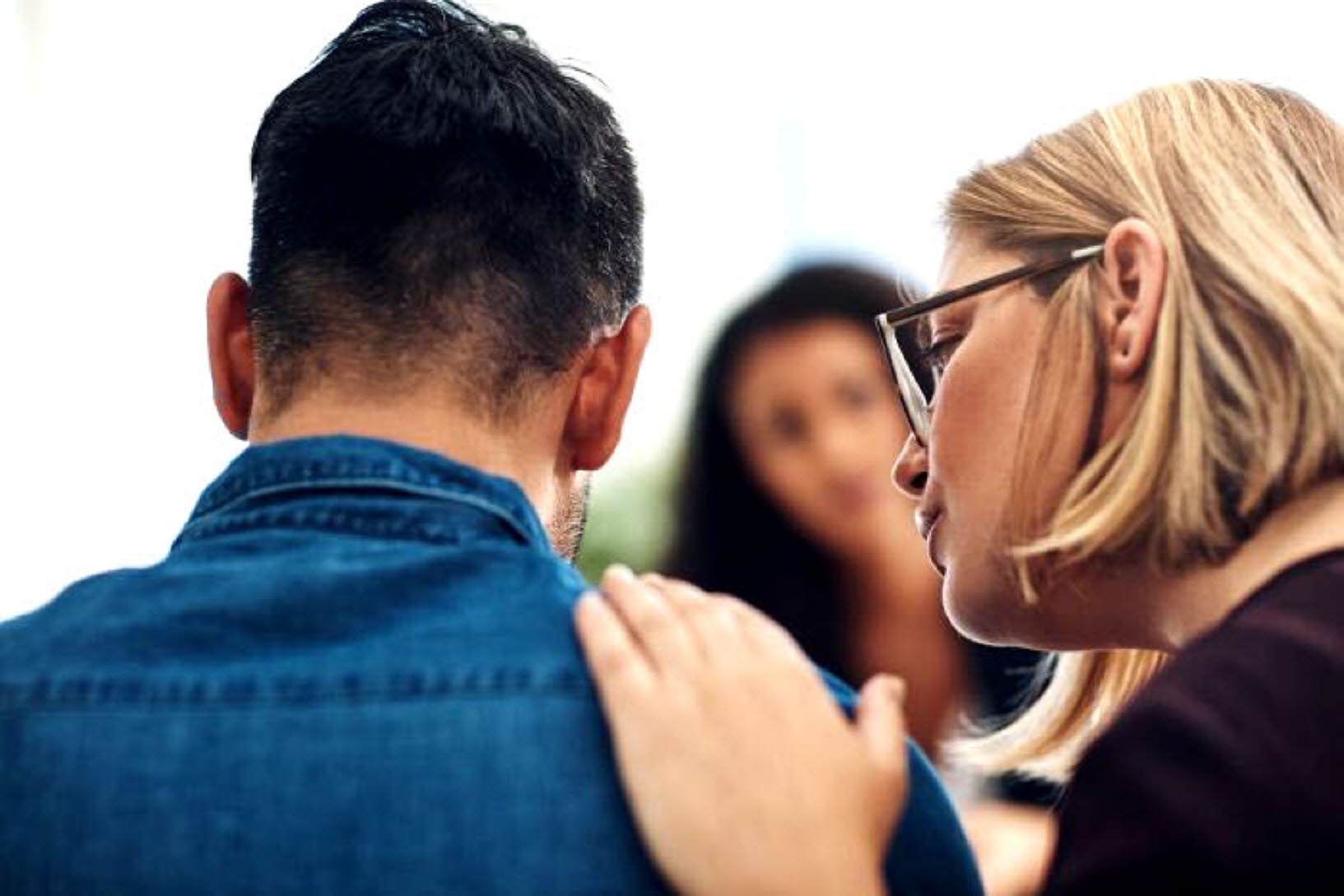Note: This article is from Erin Falconer's blog, where she talks about practicing compassion.
However, I only travel a little once I feel happy. I can take a vacation anytime I am with anyone. It is simple, and you can also take holidays regularly through practice.
The dictionary defines Empathy as the ability to understand and share the feelings of others. What is unmentioned is that Empathy provides you with one of the best, shortest, and most familiar vacations. Years ago, I was training in a course called neuro-linguistic training. It was pleasant and related to how the brain works, how you think, and why some people are good at things while others are not.
NLP provides a blueprint for excellence, which we all need besides vacations. Using NLP, I discovered a shortcut to empathy, which I can teach you very quickly. The more you apply the steps of empathy well, the more you can get out of your world naturally and easily and move to someone else's world. One of the fabulous things about practicing empathy is that it helps you communicate with someone else and reveals several possibilities you have.
Explain empathy
3 Steps to Mastering Empathy:
Step One
It's smooth and enjoyable to divert your attention and concentrate on someone else. You can do this by listening to someone while maintaining eye contact. Your anxieties will vanish along with any discomfort you may be feeling in social situations or with performance anxiety. Concentrating solely on yourself when doing this might make you feel uneasy or worried.
Take your attention away from yourself during a short vacation between people by getting to know another person. Practice diverting your attention away from you. You can focus on another person, a book, or a tree. You can also focus on anything you want. During the day, one's focus is divided into two parts: focusing on oneself and the outside world.
For the first step of empathy, you must turn your attention to something else to practice empathy with another person. You can turn your attention to someone you know well or a stranger. It is often easy to start with someone you do not know well. This way, you will have few opinions about them or shared experiences with them.

Step Two
In the unlimited vacation provided by empathy, ask yourself the following three questions and notice what will happen:
- What does this person think?
- How does this person feel?
- How does this person control their body now?
Imagine what the person you focused your attention on thinks. You do not have to answer the question, but be curious about their thoughts.
While curiosity kills its owner, it is sometimes helpful. So, be curious about what the other person thinks, so curiosity promotes empathy. If you get answers to the questions about the other person's thoughts, you are on the right path. Then, ask yourself what they feel. It is optional to come up with a specific answer.
Just feeling curious is the first step to empathy. As for the third question, it is a little different, where you have to notice how this person sits or stands. Then, in this case, you will adopt the position of their body. If they hold their arms, you may hold your arms. If their head is tilted forward, you may also do the same.
Taking a position similar to the person you are talking to increases your empathy significantly. To begin practicing empathy, put yourself in their shoes and inquire what they may think or feel.
When you ask yourself what the other person is thinking or feeling, you may think the answer is: “I have no idea what they are thinking or feeling.” That is normal at first, but understanding their thoughts and feelings will not take long. The more you practice empathy by following these steps and feel curious about each of the three questions, the more vacations you will take, and the more fun it will be to move on to the third step.
Step Three
It is really simple and can be surprisingly rewarding. It is to shift your attention away from others and back to yourself. In other words, the third step is to focus on yourself. When you focus on yourself, you will discover that you have not only taken a vacation but also learned something about the world in which the other person lives. You are likely happy to regain focus on yourself, but at the same time, you will be glad because you have taken a vacation.
In conclusion
Empathy is a skill that can be developed anywhere, at any time. It will help you take breaks, learn more about yourself and others, and give someone attention—which is a great way to reward them. It will also help you learn how to focus your attention.
In today's changing world, people often don't get enough attention, so this simple empathy exercise enhances your ability to direct your attention to where you want to be. While practicing empathy, you will be able to focus your attention, so you will not only take a vacation but also gain new skills and strengths that will help you a lot.






Add comment